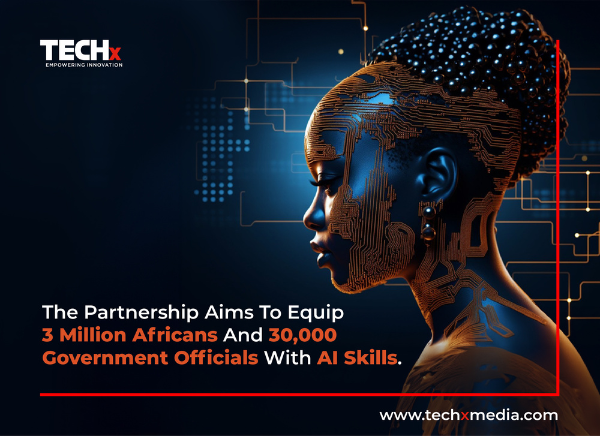
The African Development Bank and Intel have joined forces to transform Africa’s digital landscape by training millions in artificial intelligence (AI), addressing socio-economic challenges, and boosting productivity in key sectors such as agriculture, health, and education.
During the African Development Bank’s Annual Meetings in Nairobi, Kenya, a landmark agreement was reached to equip 3 million Africans and 30,000 government officials with essential AI skills. This initiative aims to create a critical mass of individuals proficient in Fourth Industrial Revolution (4IR) technologies, positioning Africans as active contributors to, rather than mere consumers of, the 4IR.
Bienvenu Agbokponto Soglo, Intel’s Director of Government Affairs Africa, emphasized the transformative potential of this collaboration: “Intel is committed to partnering with African governments to make advanced technologies like AI accessible to all, overcoming barriers related to geography, gender, and ethnicity, and fostering widespread participation in the digital economy.”
The partnership will also support the development of harmonized policy and regulatory frameworks in AI, 5G, Wi-Fi 6E, data, and cloud technologies, aiding African countries, regional economic communities, and continental organizations.
Ousmane Fall, Acting Director of Industrial and Trade Development at the African Development Bank, highlighted the critical need for digital skills among Africa’s burgeoning youth population, projected to reach 830 million by 2050. “With advancements in digital technology, our world is rapidly evolving. To develop skills on a large scale and at the necessary speed, we need everyone’s cooperation,” Fall stated. “The Bank is thrilled to collaborate with Intel on this shared commitment. Together, we are shaping the digital future of Africa and empowering our youth.”
This strategic alliance between Intel and the African Development Bank marks a significant step towards harnessing AI to drive socio-economic growth and productivity in Africa, disrupting traditional growth cycles and fostering a more inclusive digital economy.